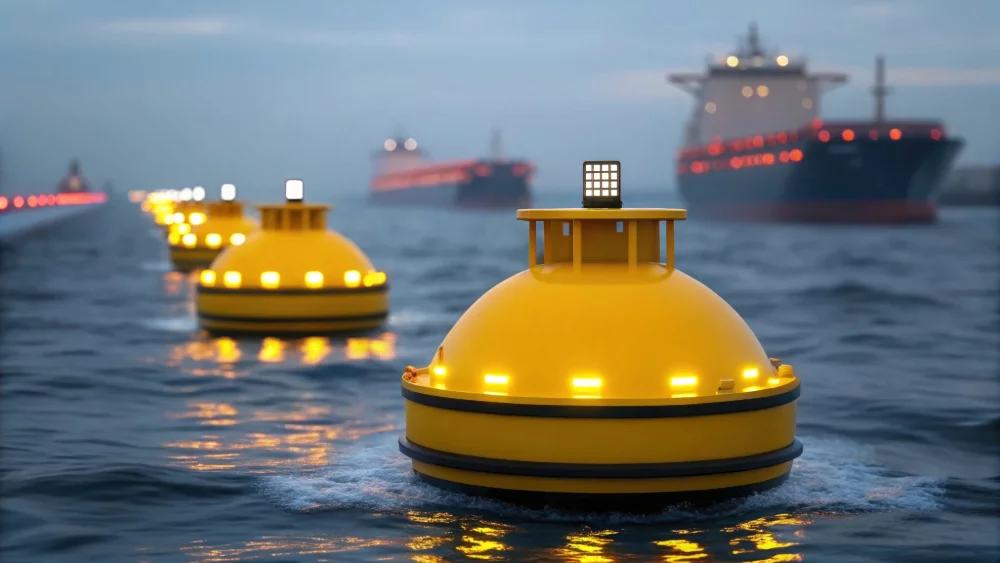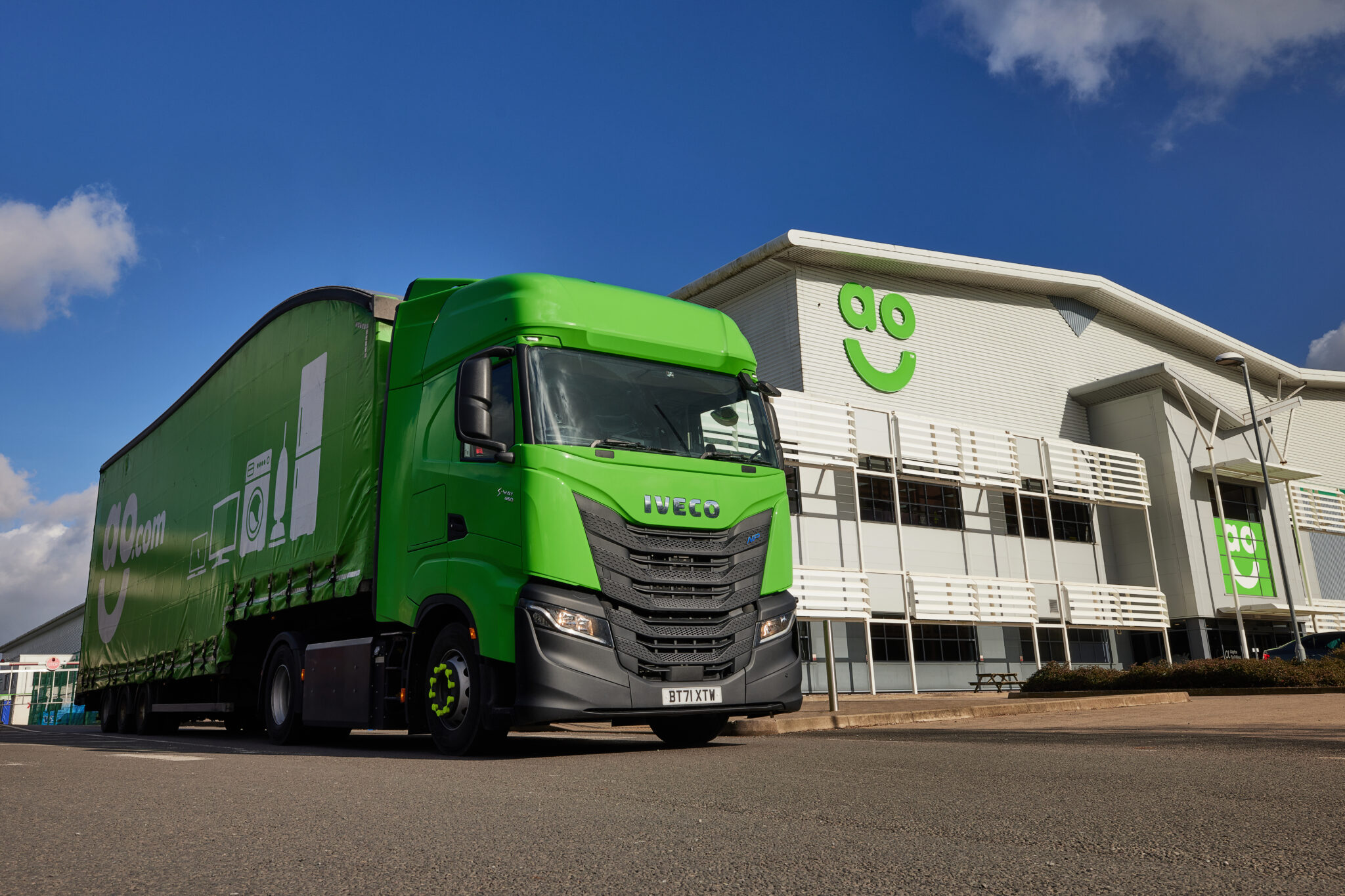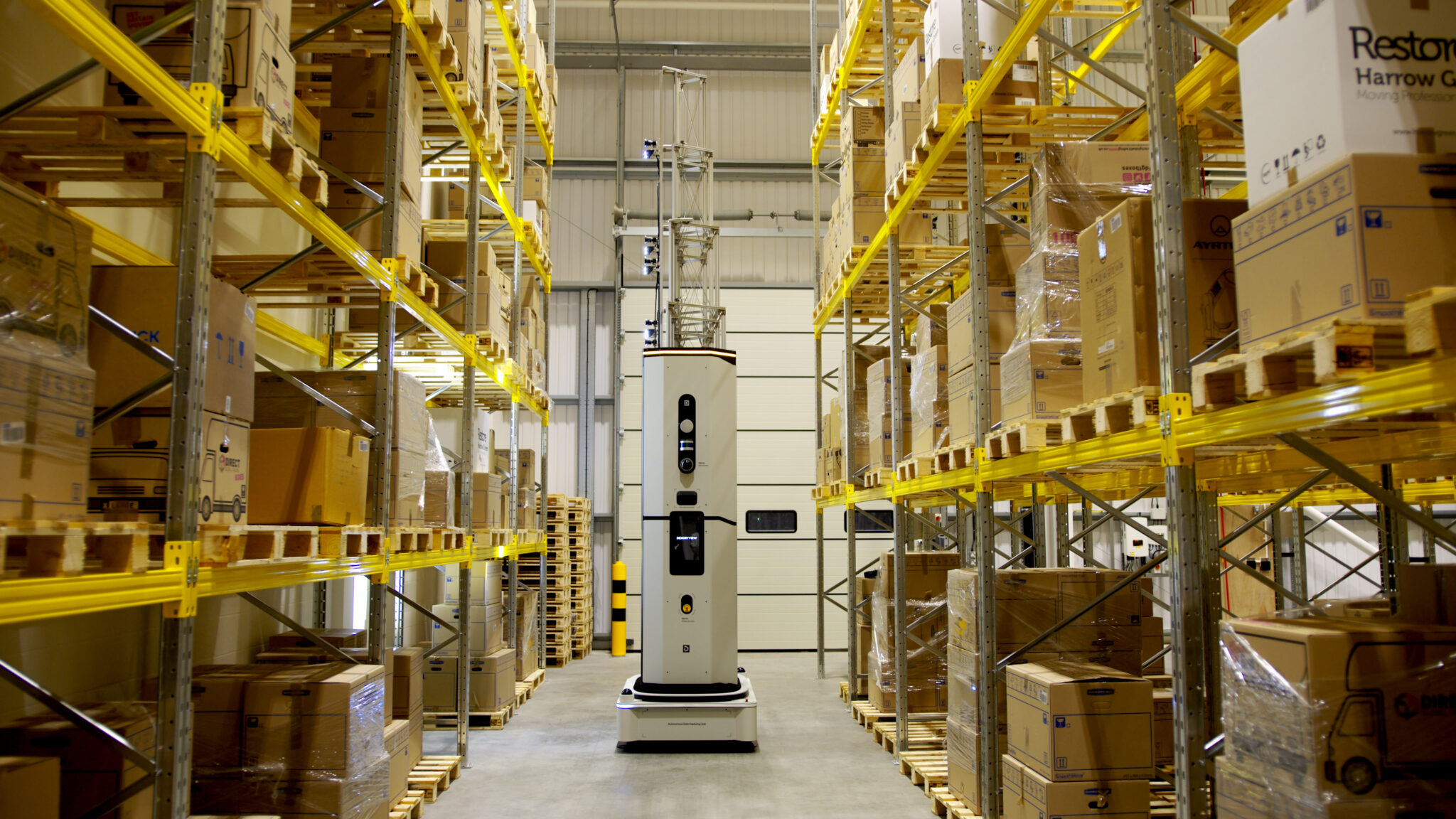The marine sector, traditionally reliant on human expertise and conventional methods, is currently undergoing a revolutionary transformation due to the rapid advancement of digital technologies, which could lead to autonomous shipping. Research shows that 78% of maritime professionals are open to technical innovations, seeing it as a positive influence, and 80% admit how important digital technology will be in achieving carbon emissions goals.
From artificial intelligence to automation, these innovations are not only optimising efficiency but also enhancing safety, sustainability, and profitability in an industry critical to global trade and environmental preservation.
Danny Peachey (pictured), Manager Great Yarmouth from HTL Group, a leading provider of hydraulic torque wrenches, explores five key digital trends that are revolutionising the marine sector and reshaping the way we navigate and manage the world’s oceans.
Artificial Intelligence (AI) and Big Data Analytics
One of the most significant trends shaping the marine industry is the increasing adoption of AI and Big Data analytics. In fact, the Maritime AI market has seen an explosive expansion over the last year, nearly tripling in size, according to the new Thetius report commissioned by Lloyd’s Register. By analysing this data, AI systems can predict optimal routes and speeds, forecast maintenance needs, and reduce the likelihood of breakdowns. This proactive approach, called “predictive maintenance”, helps minimise vessel downtime. For example, the Danish company Maersk has implemented AI algorithms to predict machinery failures and optimise fuel usage, leading to substantial cost reductions.
The potential for AI goes beyond efficiency. Safety is a key benefit as AI-driven systems can monitor maritime conditions and forecast hazards such as piracy, extreme weather, or equipment failure, ensuring the safety of both ships and crews.
Autonomous Shipping and Robotics
Autonomous ships and robotics are redefining the future of the maritime sector. According to a study by Allied Market Research, the global market for autonomous ships is expected to reach £126,63 billion by 2030, with a compound annual growth rate (CAGR) of 6.8% from 2020 to 2030.
Autonomous ships reduce the need for large crews, which lowers labour costs and the risk of human error. They are equipped with advanced sensors, GPS technology, and AI, enabling them to navigate oceans efficiently. For example, Yara Birkeland, the world’s first autonomous, zero-emission container vessel, successfully completed its maiden voyage in 2022. This vessel operates with minimal human oversight and relies on a combination of onboard AI and remote operations.
Robotics are also making waves in the industry. Remotely Operated Vehicles (ROVs) and underwater drones are increasingly used for inspecting and repairing underwater infrastructure such as oil rigs and pipelines. These robots can perform tasks that would be dangerous or expensive for human divers, significantly reducing operational risks.
Blockchain Technology
The marine sector relies on complex supply chains, making Blockchain technology a game-changer. The global supply chain can involve multiple entities, ranging from shipping lines to customs authorities, creating opportunities for miscommunication, lost cargo, and fraud.
Blockchain’s decentralised, immutable ledger provides an unparalleled level of transparency, allowing all parties involved—shipowners, port authorities, customs agents, and freight companies—to have real-time access to data about cargo shipments and transactions
Furthermore, blockchain can facilitate the automation of contract execution through smart contracts, which automatically trigger payments, inspections, or approvals when certain conditions are met. By increasing trust and reducing delays, blockchain technology is helping the marine sector run more smoothly and cost-effectively.
The Internet of Things (IoT) and Smart Shipping
The Internet of Things (IoT) is creating an interconnected ecosystem in the marine industry, revolutionising everything from shipbuilding to operations and safety. By embedding sensors and communication devices into ships, engines, containers, and ports, IoT enables real-time monitoring of vessel conditions, cargo status, and environmental factors.
For instance, IoT can monitor a ship’s engine performance, detect wear and tear, and alert operators to potential mechanical failures before they become serious issues. It can also track cargo conditions—such as temperature, humidity, or pressure—ensuring that perishable goods like food or pharmaceuticals are transported safely and efficiently.

IoT is also revolutionising ports. Smart Ports use IoT systems to automate loading and unloading processes, manage energy consumption, and reduce bottlenecks. Ports such as Hamburg and Rotterdam are already implementing smart solutions that reduce port congestion and improve the flow of goods.
Sustainability and Green Shipping
As concerns over climate change grow, the marine sector is embracing sustainability and green shipping. The International Maritime Organization (IMO) has set ambitious targets to reduce the carbon intensity of international shipping by 40% by 2030 and 70% by 2050.
Digital technologies, such as AI and IoT, play a vital role in helping the industry meet these targets. For example, AI tools can optimise fuel consumption by adjusting ship speeds and routes based on real-time data. Moreover, the use of digital twin technology—a virtual replica of a physical ship—enables companies to simulate different designs and operational conditions, identifying the most energy-efficient options before they are implemented.
Low-carbon fuels, electric propulsion systems, and onboard energy management systems are increasingly being adopted, and digital platforms are being used to track carbon emissions, making compliance with environmental regulations easier and more transparent.
The marine industry is undergoing a significant digital transformation, driven by advances in AI, robotics, blockchain, IoT, and sustainability initiatives. These technologies are not only improving operational efficiency and safety but also helping the industry reduce its environmental impact. As these trends continue to evolve, the marine sector is set to become more agile, cost-effective, and sustainable, positioning itself for future growth in an increasingly digital world.
















